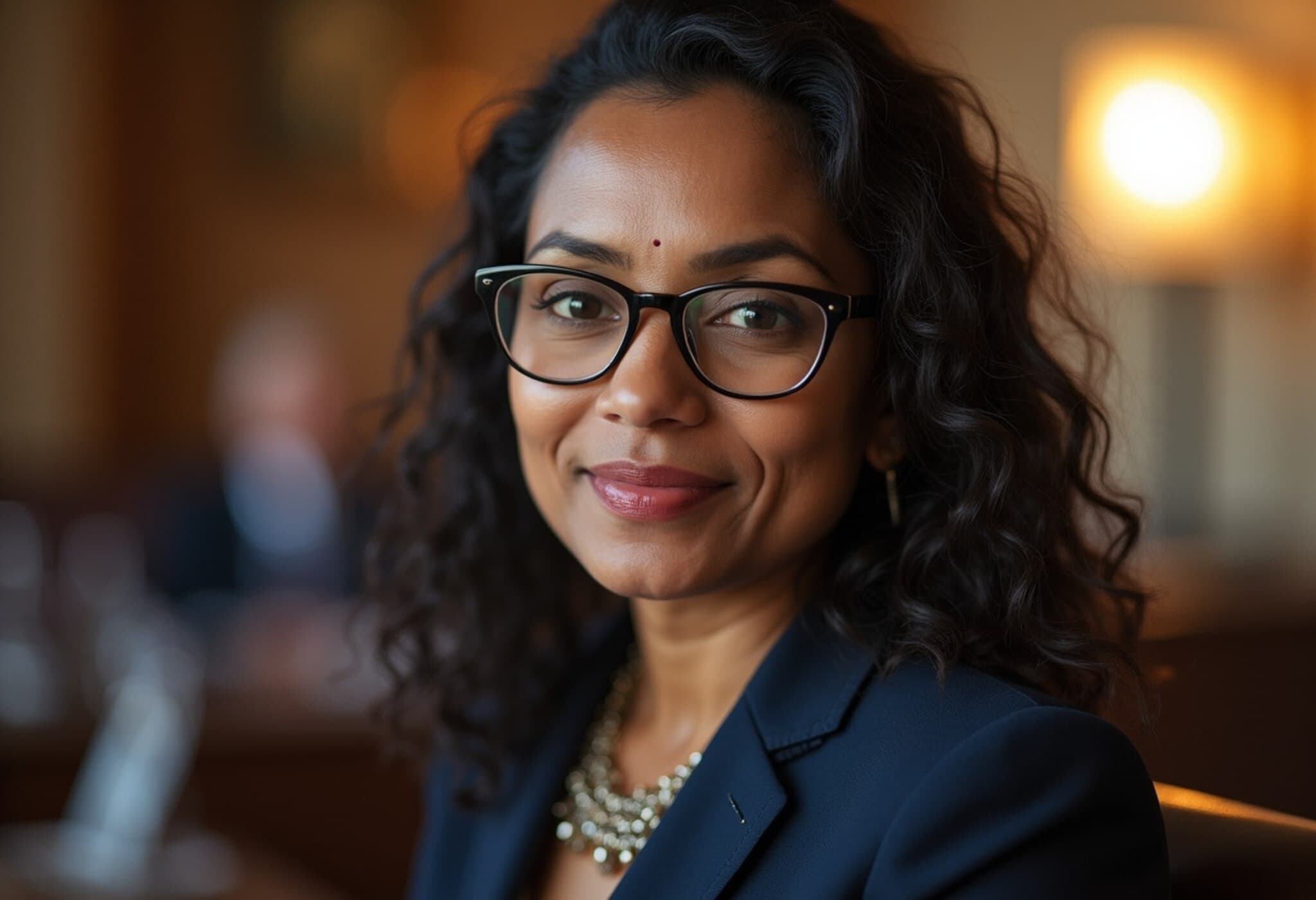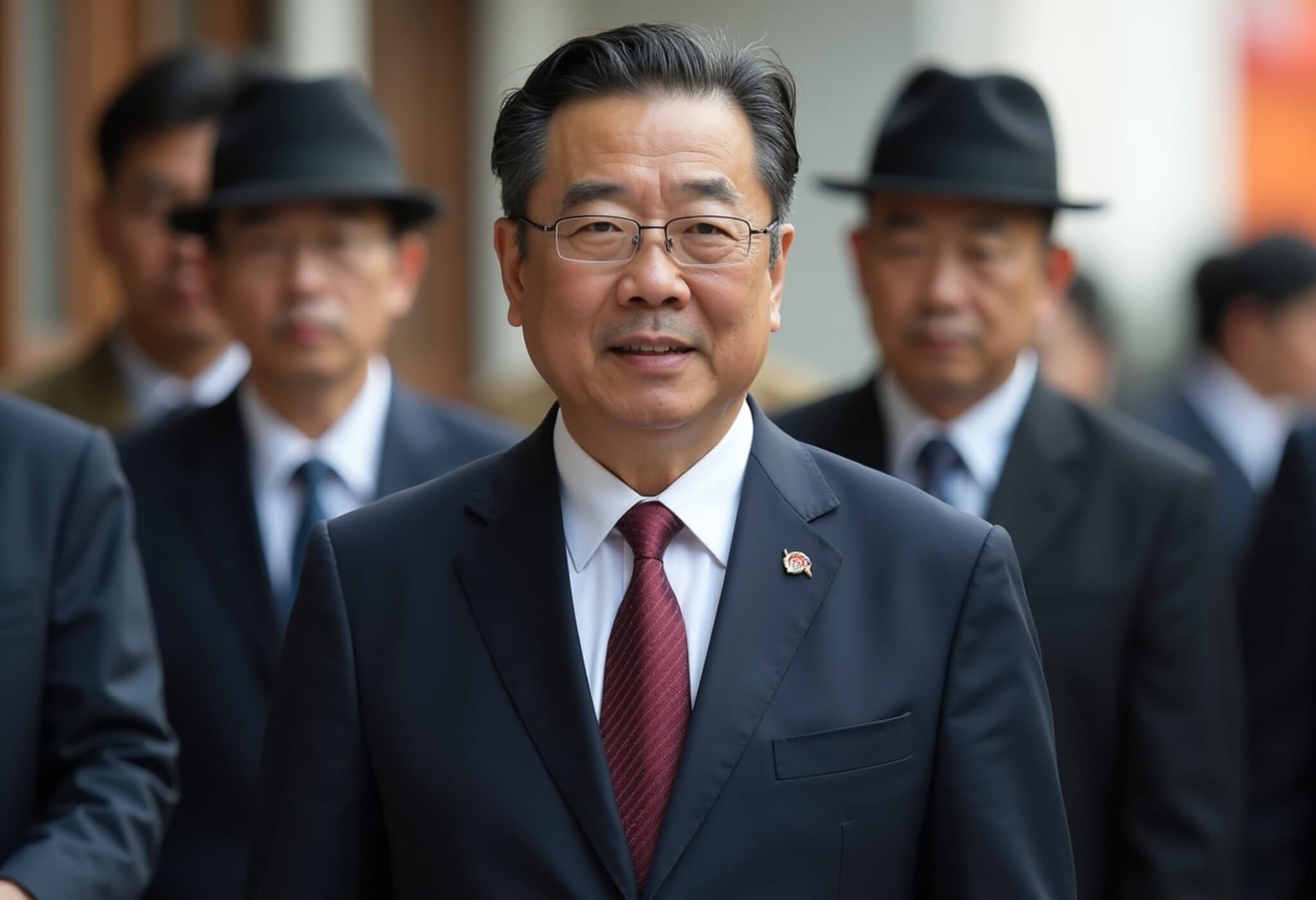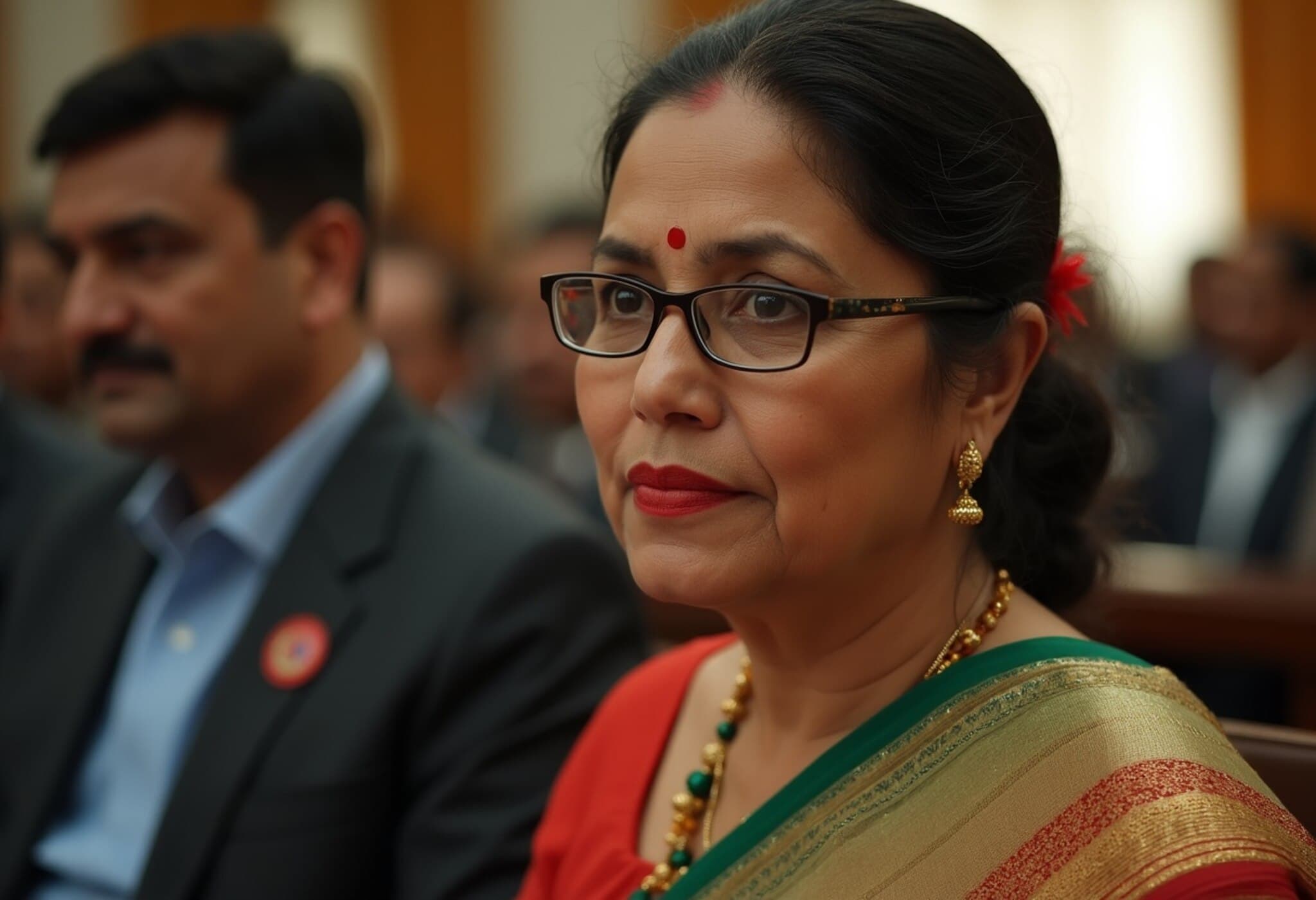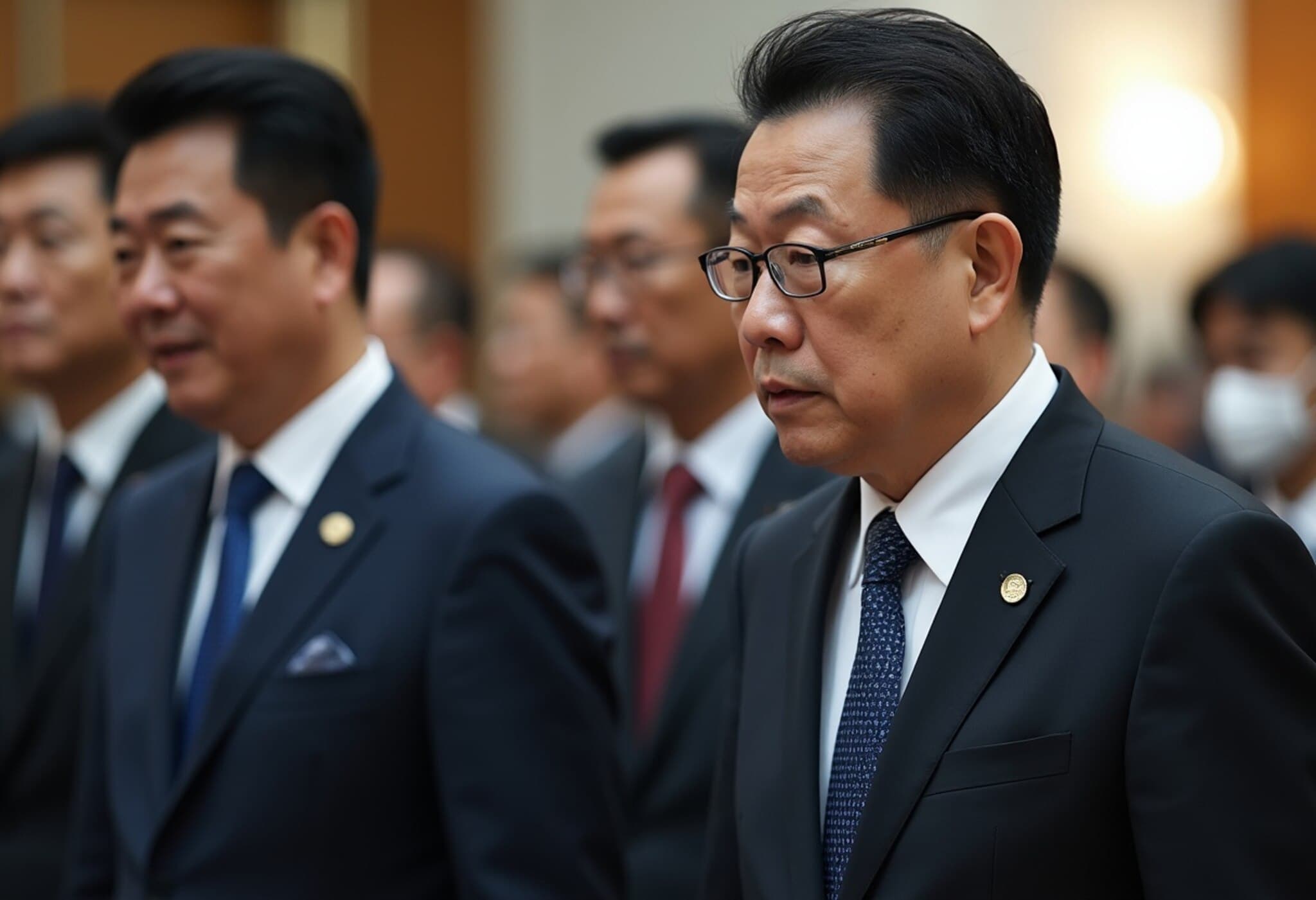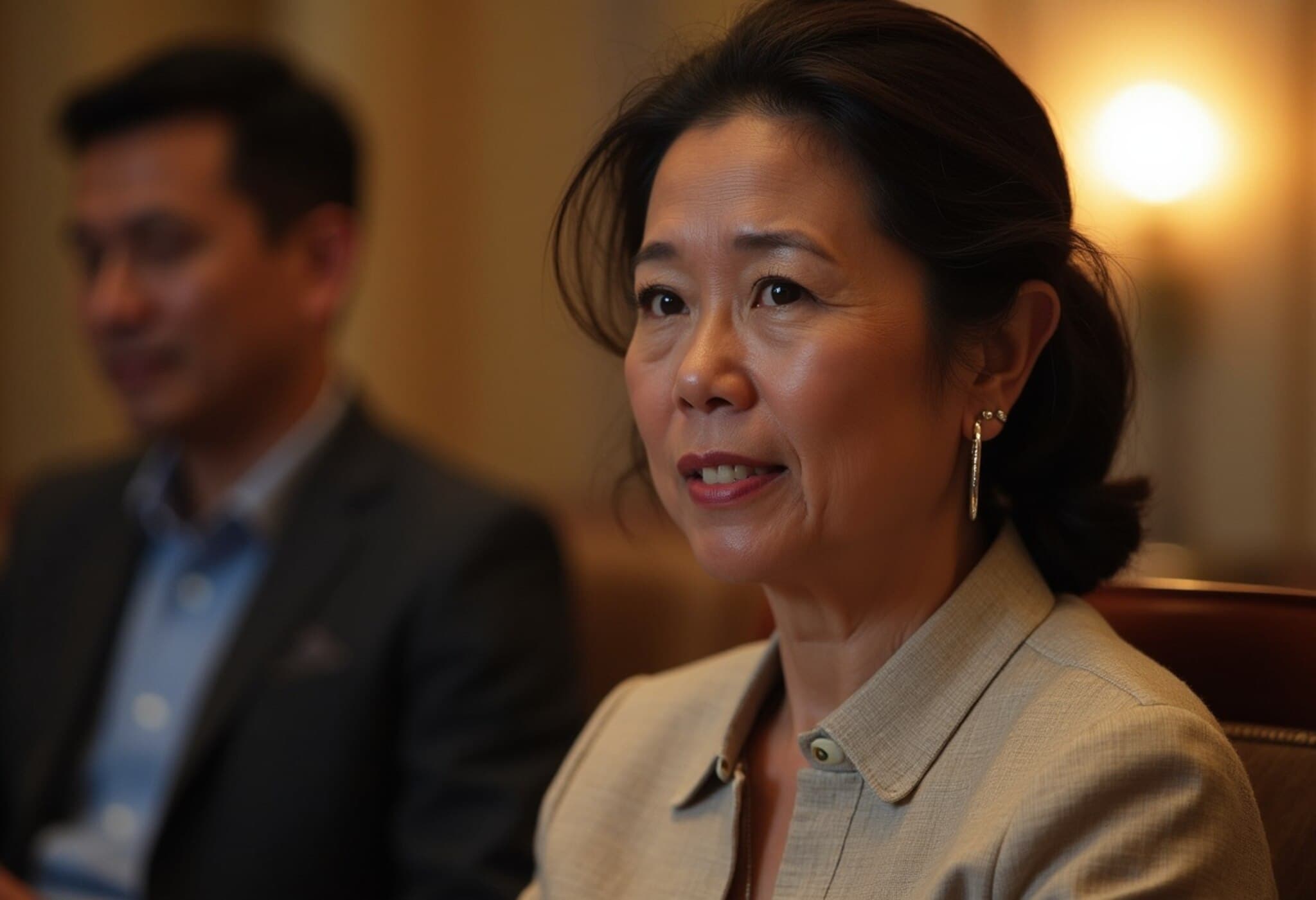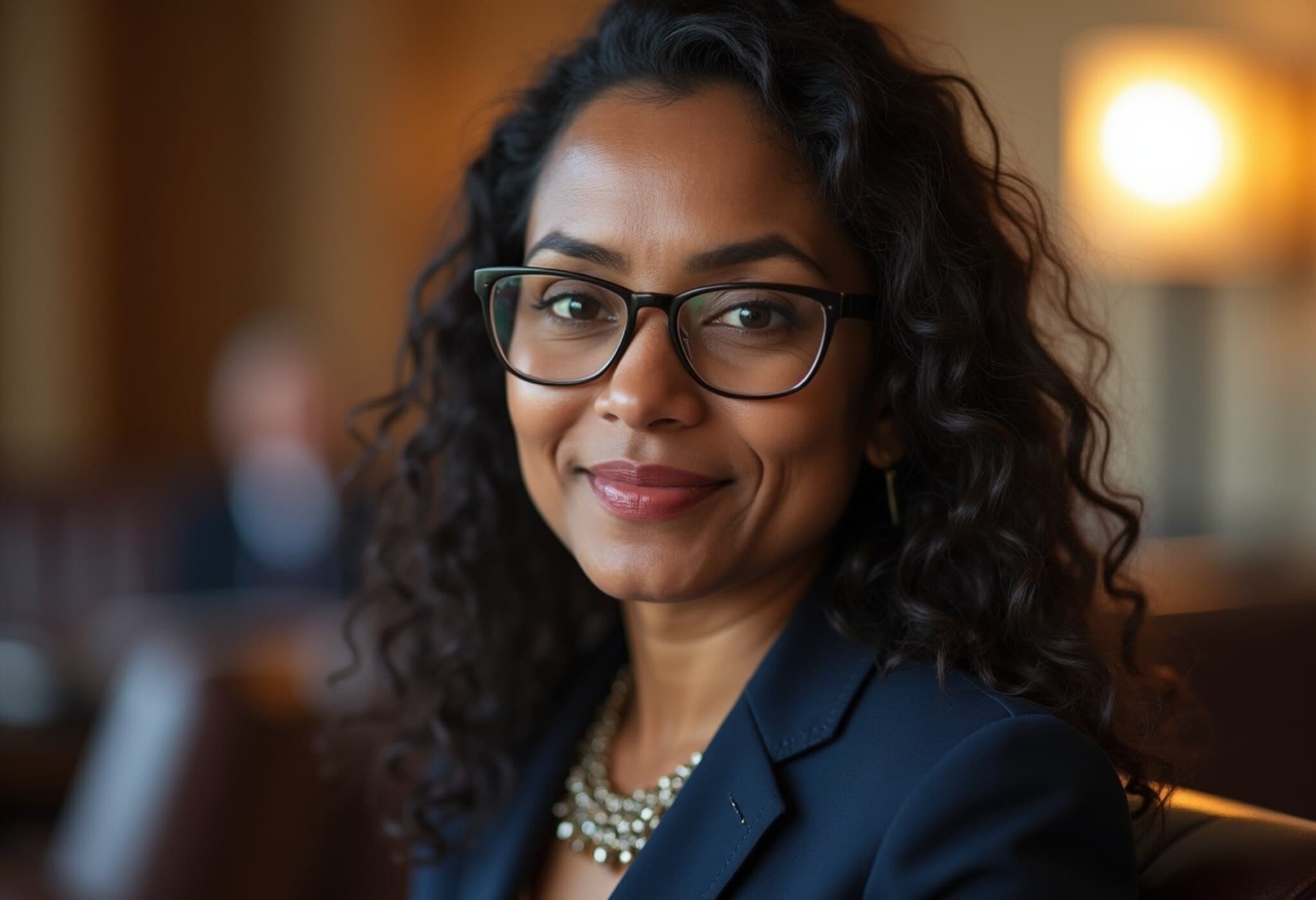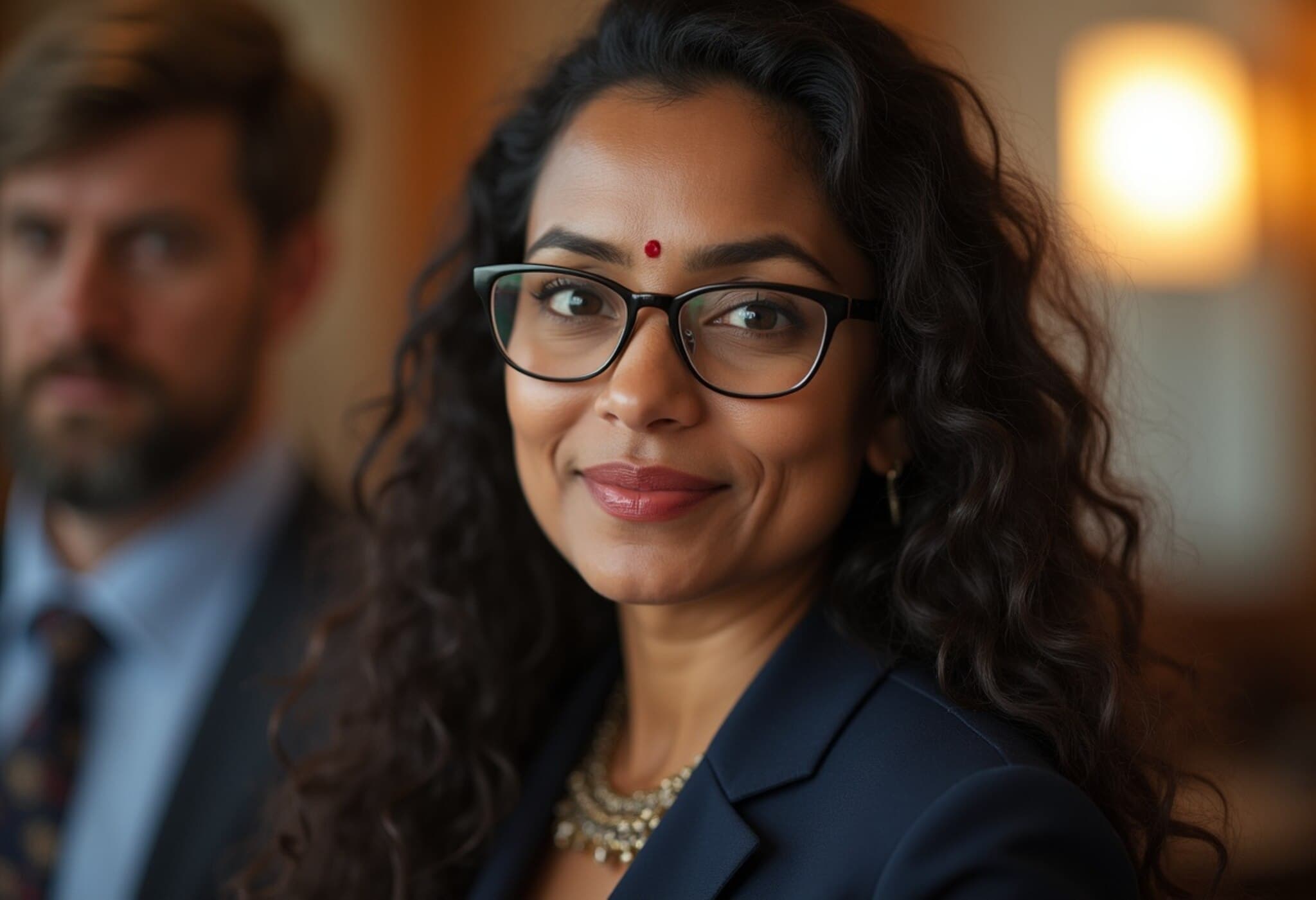Ohio’s Mathura Sridharan Faces Online Backlash Over Appointment as Solicitor General
Mathura Sridharan, recently named as Ohio's 12th Solicitor General, has become the subject of unwarranted controversy online, sparking a wider conversation about identity, nationality, and the challenges faced by immigrants in prominent public roles.
A Wave of Unjust Criticism
Those criticisms prompted a swift and determined defense from Ohio Attorney General Dave Yost. Emphasizing Sridharan’s citizenship status and impressive qualifications, Yost declared:
"If her name or her complexion bother you, the problem is not with her or her appointment."
He affirmed that she is a U.S. citizen, married to a U.S. citizen, and the daughter of naturalized citizens, underscoring her rootedness in American society.
Deep Expertise Behind the Appointment
Beyond identity, Sridharan’s professional record speaks volumes. She is not just a symbolic appointment — she is a formidable legal mind with achievements including:
- Successful advocacy before the Supreme Court of the United States (SCOTUS).
- Clerkships for esteemed federal judges such as Judge Steven J. Menashi on the US Court of Appeals for the Second Circuit and Judge Deborah A. Batts in the Southern District of New York.
- Academic accolades with advanced degrees from New York University School of Law and the Massachusetts Institute of Technology (MIT), encompassing law, electrical engineering, computer science, and economics.
Attorney General Yost praised her intellect and tenacity, noting their dynamic professional relationship: "When I hired her, I needed someone who could argue with me—and she does, all the time. I’m excited to promote her. She will serve Ohio well."
Broader Implications: American Identity and Inclusion
The vitriol leveled at Sridharan taps into a persistent, yet underexplored tension within American society: the definition of what it means to be “American.” Criticisms questioning her religion or ethnic background expose ongoing discomfort or misunderstanding around America’s multicultural fabric.
Expert analysis suggests that such incidents are symptomatic of the “othering” immigrant professionals face, even when they contribute significantly to their communities and the nation. This challenges the public to rethink and enlarge its conception of patriotism, which should be inclusive of diverse backgrounds and identities.
Legal and Policy Perspectives
The backlash also raises important questions about how public offices reflect America’s demographic shifts. The U.S. legal system prides itself on meritocracy, but implicit biases risk undermining this core value.
Moreover, it points to a need for stronger initiatives that celebrate immigrant contributions and combat online harassment targeting professionals based on their heritage or appearance.
Looking Ahead
Mathura Sridharan's appointment, and the discussion it sparked, is a timely reminder of America’s evolving identity and the challenges immigrant Americans continue to face. Her case serves as both a beacon of progress and a call to confront the prejudices that persist in society.
As Ohio benefits from Sridharan’s expertise in its legal system, it also offers an opportunity for public education on inclusion and respect.
Editor's Note
Mathura Sridharan's experience underscores a critical but often overlooked narrative: the intersection of immigrant identity and professional excellence in the U.S. legal landscape. Her story invites readers to reflect on the real meaning of American identity beyond surface markers like names or appearances, emphasizing the values of citizenship, contribution, and commitment. How can society better support and celebrate immigrant professionals instead of succumbing to divisive skepticism? This question remains open as America marches toward greater diversity and inclusion.

